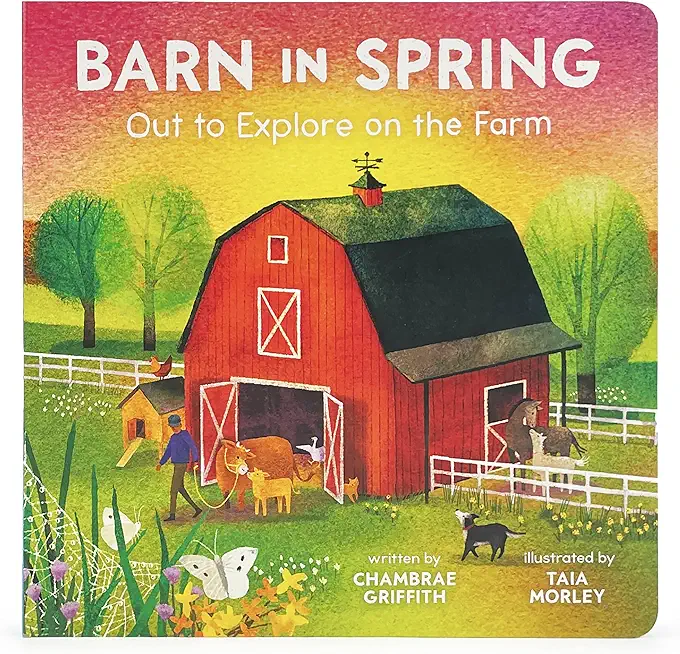
Challenger, Melanie
product information
description
iology, genetics, zoology, evolutionary psychology and philosophy." --Richard Powers, Pulitzer Prize-winning author of The Overstory "A brilliant, thought-provoking book." --Matt Haig, New York Times bestselling author of The Midnight Library A wide-ranging take on why humans have a troubled relationship with being an animal, and why we need a better one Human are the most inquisitive, emotional, imaginative, aggressive, and baffling animals on the planet. But we are also an animal that does not think it is an animal. How well do we really know ourselves? How to Be Animal tells a remarkable story of what it means to be human and argues that at the heart of our existence is a profound struggle with being animal. We possess a psychology that seeks separation between humanity and the rest of nature, and we have invented grand ideologies to magnify this. As well as piecing together the mystery of how this mindset evolved, Challenger's book examines the wide-reaching ways in which it affects our lives, from our politics to the way we distance ourselves from other species. We travel from the origin of homo sapiens through the agrarian and industrial revolutions, the age of the internet, and on to the futures of AI and human-machine interface. Challenger examines how technology influences our sense of our own animal nature and our relationship with other species with whom we share this fragile planet. That we are separated from our own animality is a delusion, according to Challenger. Blending nature writing, history, and moral philosophy, How to Be Animal is both a fascinating reappraisal of what it means to be human, and a robust defense of what it means to be an animal.
member goods
No member items were found under this heading.
listens & views

STILL & MOVING LINES OF ...
by LUCIER / RIDENOUR / WINANT / PANNER / ARMSTRONG
COMPACT DISCout of stock
$25.49
Return Policy
All sales are final
Shipping
No special shipping considerations available.
Shipping fees determined at checkout.






